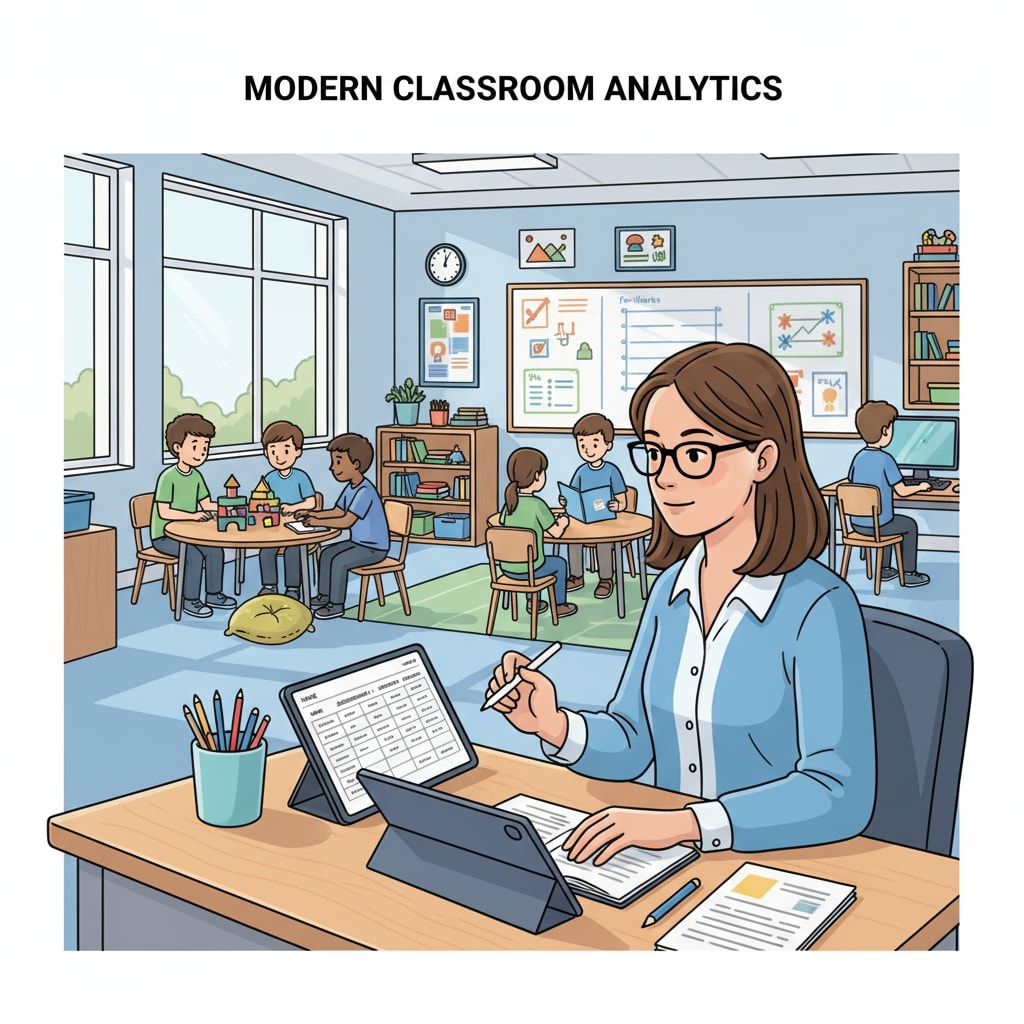In the realm of K12 education, data documentation, micromanagement, and teaching autonomy are three intertwined aspects that significantly impact the teaching and learning experience. Teachers today are not only responsible for imparting knowledge but also for managing a growing amount of data. At the same time, they often face a certain degree of micromanagement from school administrators, which can sometimes conflict with their teaching autonomy.

This article aims to shed light on these issues and explore ways to achieve a harmonious balance.
The Burden of Data Documentation
In recent years, the education sector has witnessed a significant push towards data-driven decision-making. As a result, teachers are now required to document a wide range of data, including student performance, attendance, and behavior. This data documentation serves multiple purposes, such as helping educators identify areas where students need additional support and enabling administrators to make informed policy decisions. However, the sheer volume of data that teachers are expected to collect and manage can be overwhelming. For example, they may have to spend hours each week entering grades into a digital system, tracking student progress on various assignments, and writing detailed reports. This not only takes time away from their teaching and lesson planning but can also lead to burnout. According to the National Education Association, many teachers feel that the excessive focus on data documentation has negatively impacted their ability to focus on the core aspects of teaching.

The Impact of Micromanagement
Micromanagement in the education context refers to the excessive control and supervision that administrators exert over teachers’ daily activities. This can manifest in various ways, such as dictating teaching methods, prescribing lesson plans, and closely monitoring classroom behavior. While some level of oversight is necessary to ensure quality education, excessive micromanagement can have detrimental effects. It can stifle teachers’ creativity and innovation, as they may feel restricted from implementing their own teaching strategies. For instance, a teacher who has a unique approach to teaching a particular subject may be forced to follow a standardized curriculum, which may not be the most effective way to engage students. Moreover, micromanagement can also erode teacher morale and job satisfaction. When teachers feel that their professional judgment is not respected, they may become disengaged and less motivated to perform their best. Education Week has reported on numerous cases where teachers have left their positions due to excessive micromanagement.
The Significance of Teaching Autonomy
Teaching autonomy is crucial for enabling teachers to deliver high-quality education. It allows them to tailor their teaching methods to the unique needs and learning styles of their students. When teachers have the freedom to make decisions about what and how to teach, they can create more engaging and effective learning experiences. For example, a teacher who has a deep understanding of their students’ interests may choose to incorporate real-world examples or project-based learning into their lessons, which can enhance student motivation and understanding. Additionally, teaching autonomy gives teachers a sense of ownership and professionalism. It empowers them to take responsibility for their students’ learning outcomes and make adjustments as needed. However, achieving teaching autonomy is not always easy, especially in an environment where data documentation and micromanagement are prevalent.
Readability guidance: As we can see, data documentation, micromanagement, and teaching autonomy are complex issues in K12 education. To create a healthy education ecosystem, it is essential to find a balance among these factors. Schools and administrators should recognize the importance of teaching autonomy and provide teachers with the support and flexibility they need. At the same time, they should also ensure that data documentation requirements are reasonable and do not overburden teachers. By working together, we can create an educational environment where teachers can thrive and students can receive the best possible education.


